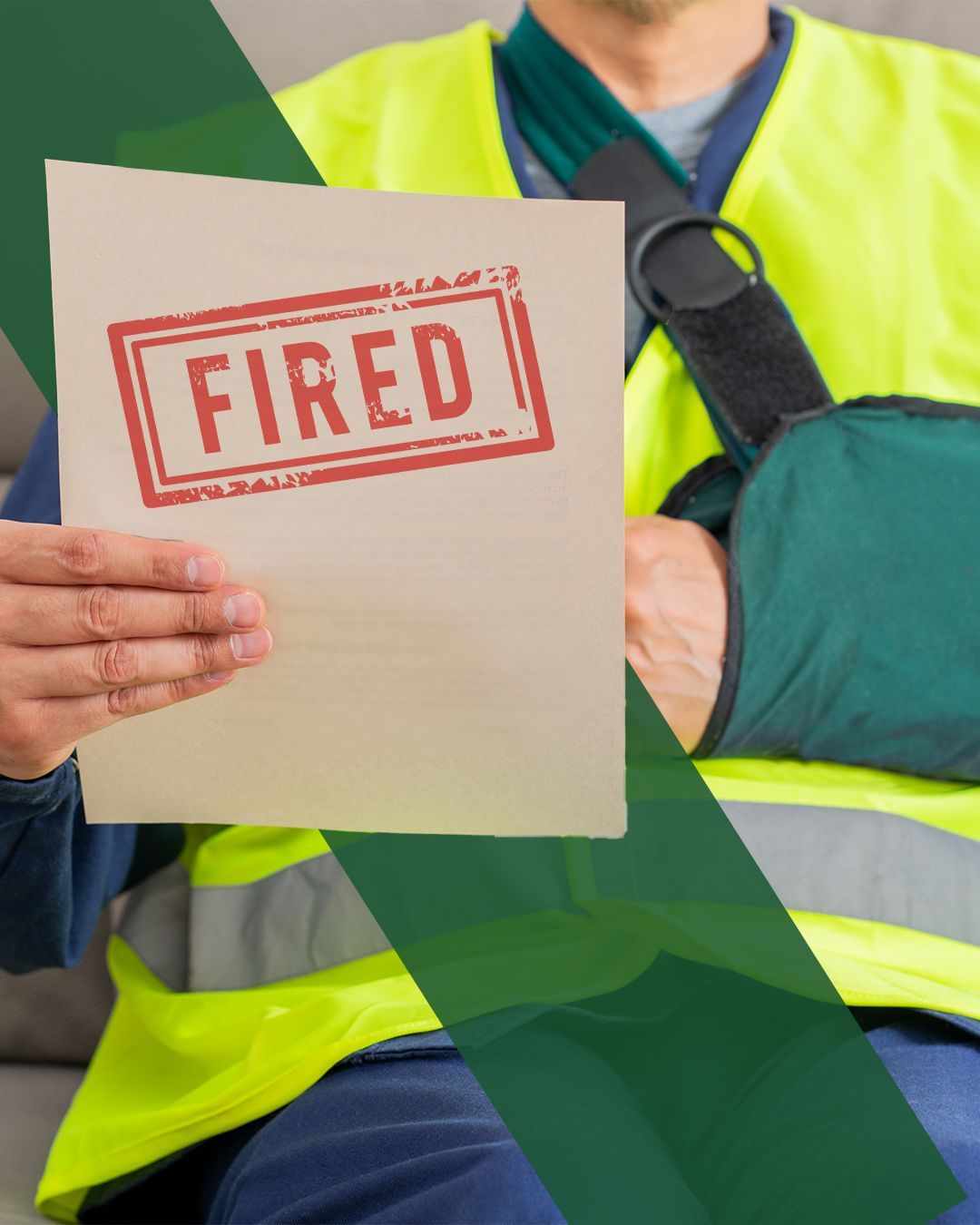What are the Auto Insurance Requirements in Pennsylvania?
Obtaining the Right Amount of Insurance Coverage
Pennsylvania, like most states, requires that each driver maintain insurance or "financial responsibility" for their vehicle to be eligible to drive. This requirement is reinforced by penalties for non-compliance, which may include fines, license, and registration suspensions, or even vehicle impoundment.
According to the Insurance Information Institute, Pennsylvania has one of the lowest uninsured motorist populations in the United States, with less than 6% of drivers not meeting the minimum requirements. Still, whether you are a newly licensed driver in the state or a recent transplant, here is what you need to know about obtaining auto insurance in Pennsylvania.
Minimum Requirements
There are several different options for insurance policies; however, you are required to obtain medical benefits, bodily injury coverage, and property damage liability coverage. The minimums for each include:
- Medical Benefits: $5,000.
- Bodily Injury: $15,000 for injuries to one person, $30,000 for the entire accident.
- Property Damage: $5,000/
In addition to these, drivers have the option to choose between full or limited tort coverage. Our firm recommends obtaining full tort coverage because certain damages, like pain and suffering, may be forfeited with limited tort coverage.
Policy Add-ons
There are over a dozen policy add-ons that private insurers may recommend drivers obtain to ensure they cover all their bases after a collision. These include:
- Uninsured/Underinsured Motorist Coverage: protects the driver, passengers, and the driver's family following an accident with an uninsured or underinsured driver. This only covers bodily injury.
- Funeral Benefits: pays up to a certain amount for funeral expenses should your loved one die in a collision.
- Income Loss: pays a percentage of lost wages after an injury keeps you from working.
- Collision Coverage: pays for vehicle damages after an accident with a $500 deductible from the insurance company.
- Comprehensive Coverage: pays for vehicle damages after a non-collision-related incident (theft, fire, etc.).
- And more!
No matter how much coverage you choose to obtain, know that you have a legal right to pursue compensation from the at-fault driver for any injuries sustained in an accident.
How Our Pennsylvania Attorney Can Help
The Slusser Law Firm team is dedicated to protecting the rights of injured victims across Pennsylvania. With over 170 years of combined experience, our attorneys understand the complexities that can come with accident cases and will be by your side every step of the way.
To schedule a free initial consultation* with a member of our team, call or fill out this form on our website.




